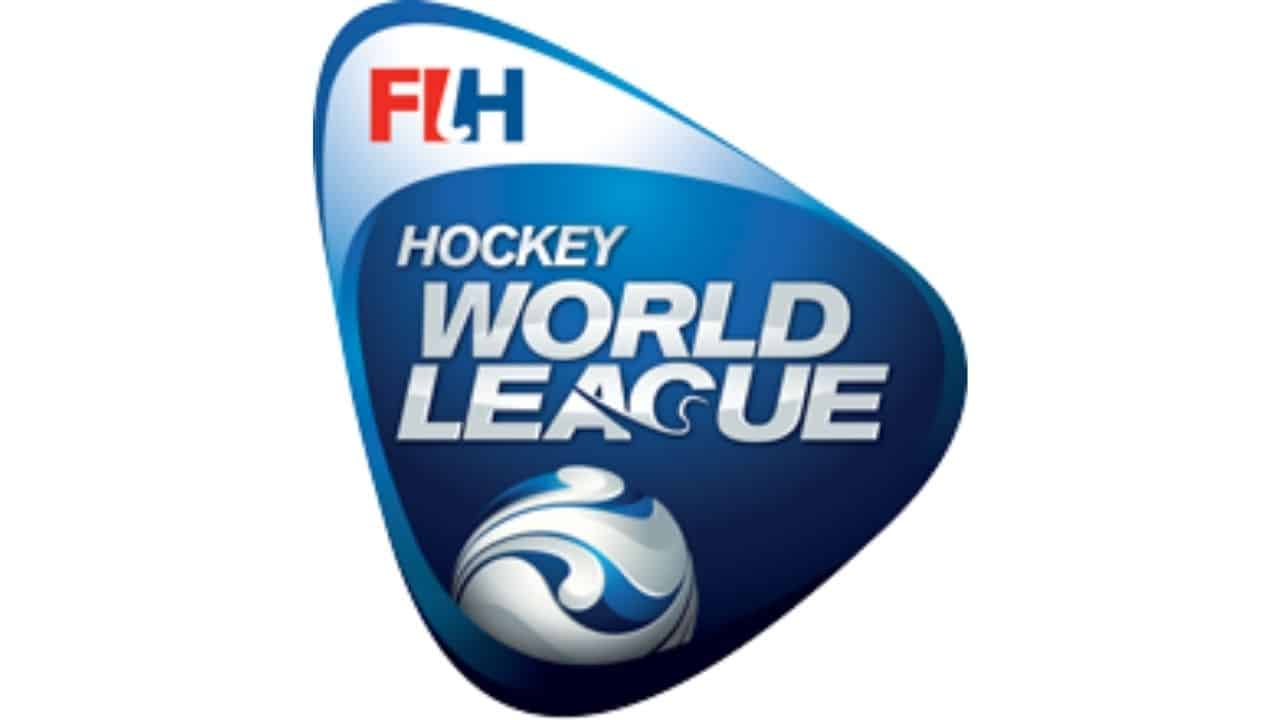2022 Women’s FIH Hockey World Cup is scheduled to begin from 1st July 2022, we take a look at the history and all-time winners list of the prestigious competition
The International Hockey Federation will host the 15th Women’s FIH Hockey World Cup in 2022, which will serve as the quadrennial global championship for women’s national field hockey teams. From July 1 to July 17, 2022, it will take place in Terrassa, Spain, and Amstelveen, the Netherlands.
Women’s FIH Hockey World Cup History, Number of Teams, All-time Winners, And Most Successful Countries
Women’s FIH Hockey World Cup History, Format, Number of Teams, And Other Details
The Women’s Hockey World Cup is the field hockey World Cup competition for women, and it follows a similar structure to the men’s competition for qualifying and the final tournament. It’s been going on since 1974. Since their 1982 merger with the International Federation of Women’s Hockey Associations (IFWHA), the International Hockey Federation (FIH) has been in charge of organising the competition. Since 1986, it has been conducted every four years, concurrently with the men’s competition and in the interim year between the Summer Olympic Games.
The tournament’s size has evolved throughout time. The smallest World Cups, in 1974 and 1978, had 10 participating nations; the next highest, in 2002, had 16 participating nations; while the last seven World Cups have all had 12 participating nations. In 2018, the World Cup was once more increased to 16 teams, and the FIH will consider the same format in 2022.
The 2018 competition was held in London, England from July 21 to August 5, and the Netherlands won a record-tying eighth title after defeating Ireland 6-0 in the championship match.
Women’s FIH Hockey World Cup All-time Winners and Most Successful Teams
There have been fourteen tournaments so far, but only four teams have emerged victorious. Having captured the championship eight times, Netherlands is by far the most successful team. With two titles between them, Argentina, Germany, and Australia are tied for second place. The two winners who can currently defend their titles are the Netherlands and Australia. At the conclusion of the 2018 World Cup, fifteen countries have advanced to the championship semi-final round.
| Year | Host | Winner | Score | Runner-up | Third place | Fourth place | Number of teams |
| 1974 | Mandelieu, France | Netherlands | 1–0 | Argentina | West Germany | India | 10 |
| 1976 | West Berlin, West Germany | West Germany | 2–0 | Argentina | Netherlands | Belgium | 11 |
| 1978 | Madrid, Spain | Netherlands | 1–0 | West Germany | Belgium | Argentina | 10 |
| 1981 | Buenos Aires, Argentina | West Germany | 1–1 (3-1) | Netherlands | Soviet Union | Australia | 12 |
| 1983 | Kuala Lumpur, Malaysia | Netherlands | 4–2 | Canada | Australia | West Germany | 12 |
| 1986 | Amstelveen, Netherlands | Netherlands | 3–0 | West Germany | Canada | New Zealand | 12 |
| 1990 | Sydney, Australia | Netherlands | 3–1 | Australia | South Korea | England | 12 |
| 1994 | Dublin, Ireland | Australia | 2–0 | Argentina | United States | Germany | 12 |
| 1998 | Utrecht, Netherlands | Australia | 3–2 | Netherlands | Germany | Argentina | 12 |
| 2002 | Perth, Australia | Argentina | 1–1 (4-3) | Netherlands | China | Australia | 16 |
| 2006 | Madrid, Spain | Netherlands | 3–1 | Australia | Argentina | Spain | 12 |
| 2010 | Rosario, Argentina | Argentina | 3–1 | Netherlands | England | Germany | 12 |
| 2014 | The Hague, Netherlands | Netherlands | 2–0 | Australia | Argentina | United States | 12 |
| 2018 | London, England | Netherlands | 6–0 | Ireland | Spain | Australia | 16 |



